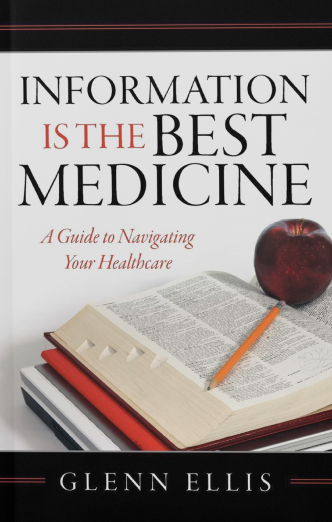Oral Health is important to overall health and general well-being; you cannot be healthy without oral health. There is little doubt that oral health and general well-being are closely linked. Almost 3 of every 10 adults over age 65 have lost all of their teeth, primarily because of tooth decay and gum disease, which affects about 25% of U.S. adults. Tooth loss has more than cosmetic effects—it may contribute to nutrition problems by limiting the types of food that a person can eat.
Just as routine medical exams can help prevent future health problems, and dental exams are equally important. The evidence shows that an infection from periodontitis, or gum disease, can put you at risk for other serious conditions like heart disease, stroke and more! 
What you may not realize is that oral health is not just important for maintaining a nice-looking smile and being able to eat corn on the cob. Good oral health is essential to quality of life. Consider a few of the reasons:
Fifty percent of all people over the age of 18 have at least the early stage of gum disease, gingivitis. Three out of four over the age of 35 are afflicted by gum disease at one time or another.
You should be aware that the early stages of gum disease occurs WITHOUT PAIN! Yet, your gums and bones may be silently and seriously damaged by an infection that spreads from your gums to other parts of your body! Also, perfectly healthy teeth can eventually become loose and fall out.
More than half of older patients do not understand taking certain medications may affect the health of their mouth. For example, many medications, including diuretics, may reduce salivary flow. Dry mouth can cause increased plaque buildup, which increases the risk for periodontal disease. In addition, some calcium channel blockers may cause the gums to grow over the teeth.
Dental Infections Do Go BEYOND Your Gums:
Stroke: A new study of fatty deposits lodged in the carotid arteries of stroke sufferer’s shows that 70% contain bacteria–and 40% of those bacteria come from the mouth.
Heart Disease: Bacteria get mixed up with blood-clotting cells called platelets, forming a clump that travels through the blood vessel and may promote the formation of heart-stopping blood clots.
Lungs: It has been shown that those with extensive tartar build-up and plaque on their teeth are at risk for chronic lung disease, including chronic obstructive pulmonary disease and pneumonia.
Diabetes: One study showed that diabetics with gum disease were three times more likely to have heart attacks than those without gum disease.
Spontaneous Pre-Term Births (for women): Women with gum disease are 7 to 8 times more likely to give birth prematurely to low-birth-weight babies. Researchers believe that a low-grade infection, often from gum disease, may be linked to pre-term birth.
Women who are menopausal or post-menopausal may experience changes in their mouths. Recent studies suggest that estrogen deficiency could place post-menopausal women at higher risk for severe periodontal disease and tooth loss.
In addition, hormonal changes in older women may result in discomfort in the mouth, including dry mouth, pain and burning sensations in the gum tissue and altered taste, especially salty, peppery or sour.
Bone loss is associated with both periodontal disease and osteoporosis. Osteoporosis could lead to tooth loss because the density of the bone that supports the teeth may be decreased. More research is being done to determine if and how a relationship between osteoporosis and periodontal disease exists.
To keep your teeth for a lifetime, you must remove the plaque from your teeth and gums every day with proper brushing and flossing. Regular dental visits are also important. Daily cleaning will help keep calculus formation to a minimum, but it won’t completely prevent it. A professional cleaning at least twice a year is necessary to remove calculus from places your toothbrush and floss may have missed.
The good news is that gum disease is easy to prevent by maintaining basic oral health steps.
See a periodontist if you or your dentist notice problems with your gum tissue. Problems may include:
Oral health is often taken for granted, but it is an essential part of our everyday lives. Good oral health enhances our ability to speak, smile, smell, taste, touch, chew, swallow, and convey our feelings and emotions through facial expressions. However, oral diseases, which range from cavities to oral cancer, cause pain and disability.
The effect that gum disease has on overall health is directly related to the extent and duration of the infection. Moderate to advanced gum disease exposes the body to excessive amounts of harmful bacteria 24 hours a day, seven days a week, for as long as the infection is present. The stress this bacterial infection can place on the immune system is significant and it can dramatically reduce the body’s ability to fight other infections and diseases.
We should not overlook the role dental health plays in the cost of health care in this country.
Many studies have provided evidence of the dramatic effect of gum disease on health care costs. In US alone, we spend over $2.2 TRILLION each year on health care. Studies have shown that 21% of total health care costs could be saved by eliminating gum disease.
That’ s nearly $500 billion dollars a year in savings simply by eliminating gum disease.
